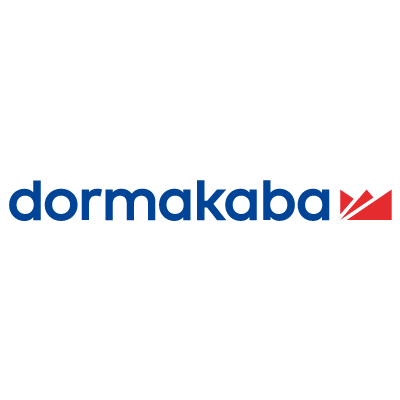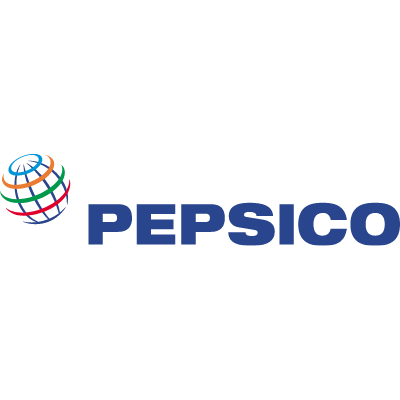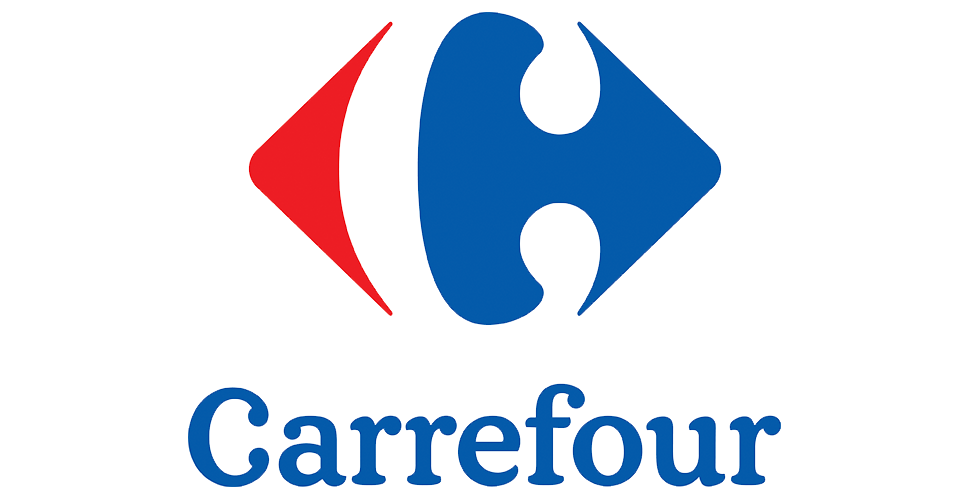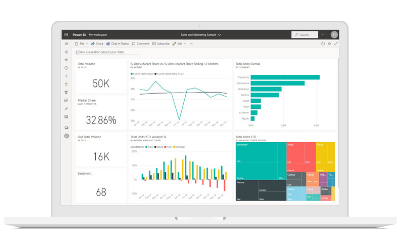
Overview
- Build business applications
- Create automated workflows
- Analyze and visualize data coming from different sources
- Build chatbots
- Harness the power of artificial intelligence
- Extend functionalities of legacy systems
You can do all this with little or no coding skills.
Microsoft Power Platform is based on the Azure platform, thereby inheriting the same corporate-level security, certificates, and admin controls. All data used in applications is stored safely in the cloud.
Additionally, Microsoft Power Platform works well with other MS products like Office 365 and Dynamics 365, enhancing their built-in functionalities with connectors, standard tables, and ready-to-use workflows.
Why low-code
We are facing a new reality.
Growing demand for digital experience in the workplace:
35%
The developer talent pool is limited:
86%
A shift to remote working:
48%
of employees will work remotely after the current pandemic as compared to 30% before
Growing demand for digital experience in the workplace:
The developer talent pool is limited:
A shift to remote working:
35%
86%
48%
All this means that the future is about low-code.
Gartner predicts that 65% of enterprise application development will fall into the low-code category by 2024. Microsoft expects to build 500 million new apps by 2024—which is more than the total created in the last 40 years.
Low-code development platforms will allow us to bridge the gap between the rising demand for digital experience at the workplace and the limited number of IT professionals who could build the required tools. In this way, your professional developers can focus on more business-critical projects, whereas citizen developers and business users can streamline their day-to-day operations.
Why Power Platform
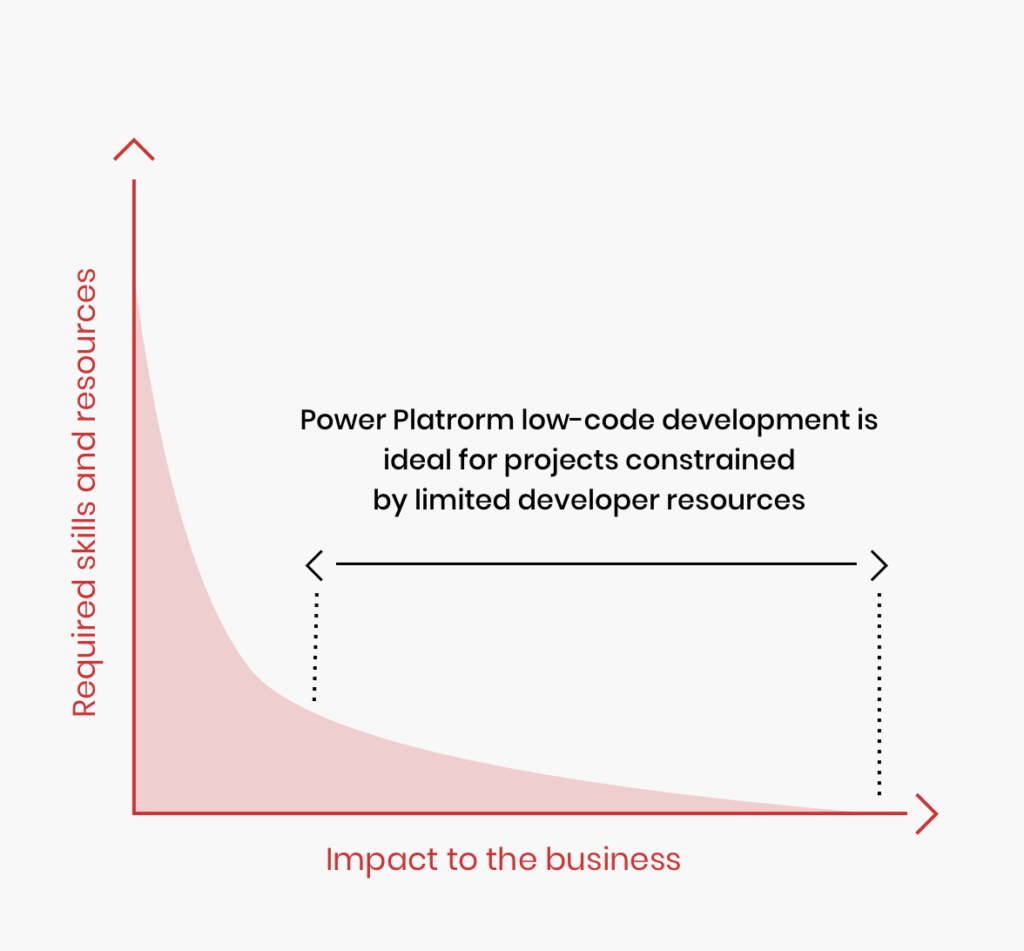
With Power Platform, both low-code/no-code and advanced capabilities are covered:
Citizen developers can:
- Build simple business apps in a matter of hours using templates and low-code/no-code functionalities
- Automate day-to-day tasks normally done in Excel or manually
- Unlock the app development backlog and build apps that would otherwise never be created
- Use Power Automate, Power Virtual Agents, AI Builder, and Power BI to enrich apps built with Power Apps
- Build complex, customized applications
- Leverage components for future customers needing similar solutions
- Extend the functionalities of legacy systems
- Extend Dynamics 365, Office 365, and Azure solutions
- Use pre-built templates and entities with the same business logic and rules that professional developers need, but without having to build them from scratch
- Use standard dev tools with Power Apps, including Visual Studio, VS Code, and Azure DevOps
- Enjoy enterprise-grade governance and app lifecycle management
Main features
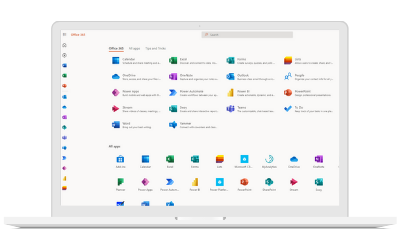
Power Apps
You can build three types of apps:
- Canvas—fast mobile applications allowing you to work with data directly in your app using over 250 built-in connectors.
- Model-driven—responsive apps for every type of device based on data stored in a Dataverse database.
- Portals—Internet portals for your external and internal customers based on ready-to-use templates and with no code.
Dataverse
Dataverse:
- Is a cloud-based database in Microsoft Azure.
- Offers plenty of standard data tables supporting typical business scenarios including sales processes or customer service.
- Allows you to create customized data tables to meet the specific requirements of your organization.
- Has 400 built-in connectors to external data sources including cloud services, content services, databases, APIs, etc.
- Can be integrated easily with Azure services like Azure Functions, Azure Kubernetes Service, Azure SQL, or Cosmos DB.
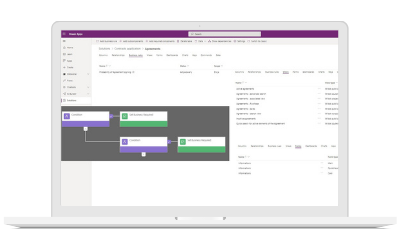

Power Automate
Power Automate is a service that allows you to:
- Automate aspects of your company’s decision-making and approval process.
- Build automated flows triggered manually, by a specific event, or according to a prepared schedule.
- Download data from or send data to external systems.
- Use ready-made connections to over 400 services to improve the flow of information.
- Monitor the various steps of a business process, and the quality of data entered.
- Optimize processes with built-in AI tool integration
Power BI
This module allows you to:
- Consolidate data coming from different sources, clean, and analyze it.
- Visualize the analysis results in real time using interactive dashboards.
- Use 275 external data source connectors.
- Embed Power BI interactive dashboards in Canvas and Model-driven apps built in a Power Apps module.
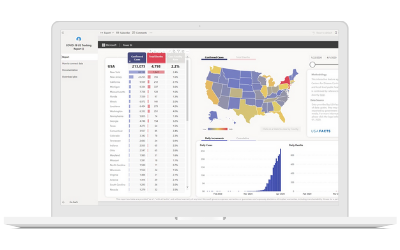
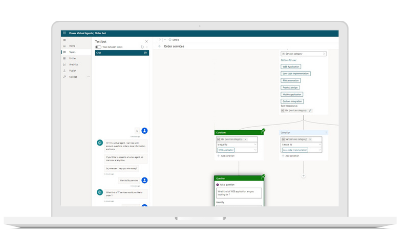
Power Virtual Agents
For customers, they can:
- Answer questions and provide information
- Process returns and complaints
- Resolve complaints and problems
- Check stock levels, tracking purchases, and shipments
- Make a reservation or book a ticket for an event
- Pay bills or request a refund
- Collect customer opinions
For employees, they can support the following activities:
- Support for HR, IT, or sales departments
- Employee onboarding
- Collecting employee ideas and suggestions
- Shift management
- Incident and problem management
AI Builder
With AI Builder you can:
- Build smarter apps in a Power App module by embedding AI Builder functionalities
- Harness pre-built AI models including language detection, text recognition, business card recognition, keyword detection, receipt processing, and many more to automate manual tasks and processes.
- Create custom AI models to meet the needs of your organization
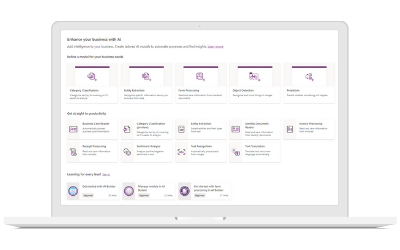
How we help
The ultimate goal of adopting Microsoft Power Platform in your company is to build a Center of Excellence (CoE). The main idea behind a Center of Excellence is to drive innovation and improvements, as well as bring together people with similar business goals to share knowledge. At the same time, it has to provide consistent standards and governance across the entire organization. Thank to CoE, both citizen and professional developers will have the right tools to bridge the gap between app demand and supply.
A Center of Excellence has four important roles to play:
- Overview—define goals and expected outcome, maintain roadmap
- Admin—manage Power Platform and its users
- Govern—establish the security model and data loss prevention (DLP) policies
- Nurture—foster collaboration across various departments and roles in the organization
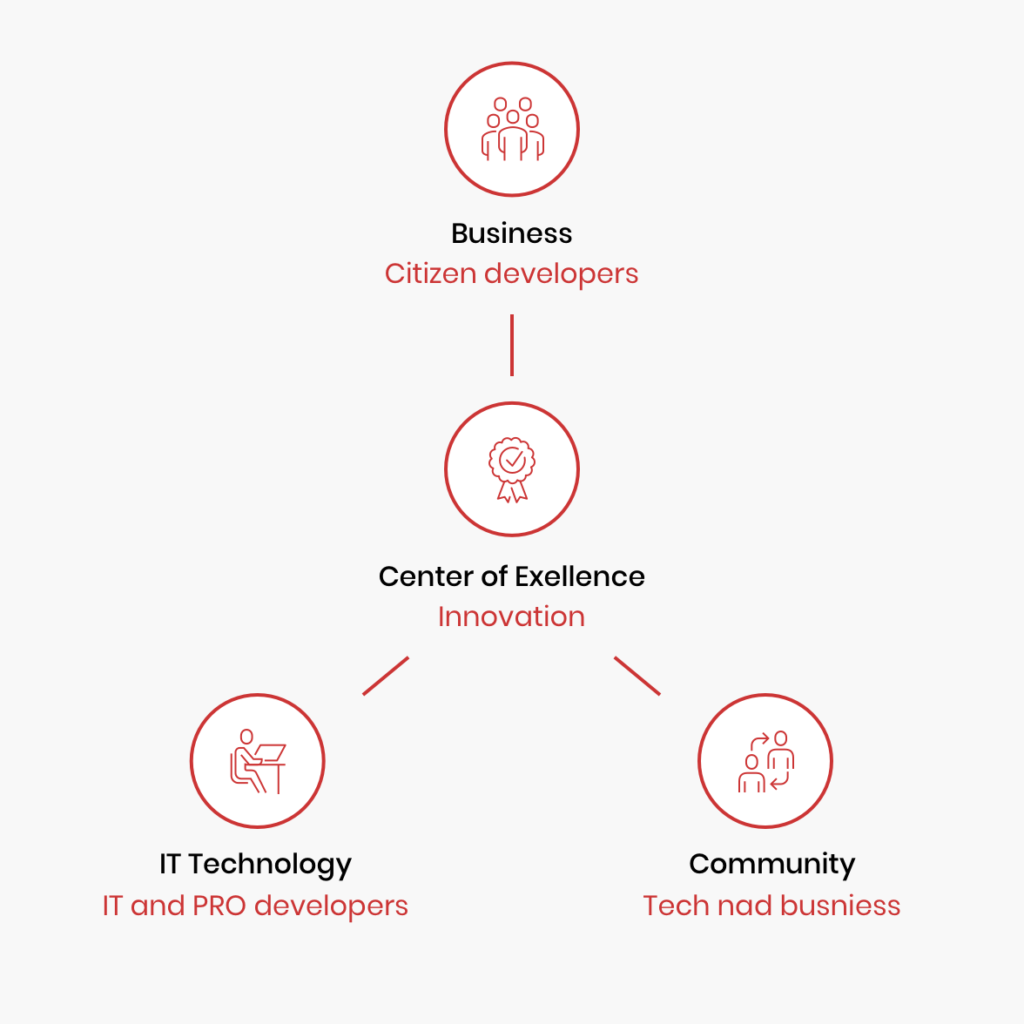

To help you build a Center of Excellence, we have created a four-step process that will navigate you through your digital transformation journey. The main idea behind it is to create a holistic approach to Microsoft Power Platform adoption at scale.
You should avoid falling into the trap of one-off projects or building single capabilities. Instead, think of Microsoft Power Platform as a long-term investment that brings fruits only when implemented at scale and integrated across various the departments of your organization.
Your journey to digital transformation
01
- Design architecture
- Prepare BOM licenses
- Prepare Application Lifecycle Management plan
- Build fusion teams
- Prepare the environment
- Develop an adoption strategy
02
- Analyze business needs and legacy technologies
- Consult with stakeholders
- Build the prototype of the first workload
- Create a project backlog (fit-gap analysis)
- Prepare a roadmap for the next steps
03
- Choose an app to build
- Design solution architecture
- Conduct E2E and user acceptance testing
- Train users
- Launch the app
- Provide support and maintenance
04
- Build a Center of Excellence
- Manage users, licenses, and capacity
- Implement Application Lifecycle Management (ALM)
- Secure, monitor, and alert
The adoption of Microsoft Power Platform—Agile process
Once steps 1 and 2 are completed, we can start the proper implementation phase, where we deliver software in the cycles according to the Agile methodology.

Interested in using Microsoft Power Platform in your company but don’t know where to start?
Schedule a free 15-minute consultation to see how we help. During the consultation, we will:
- gather more info about the business challenge you want to solve,
- advise on the right module and licenses,
- decide on next steps.
Book a free 15-minute discovery call
Let’s talk to see how we can help.

